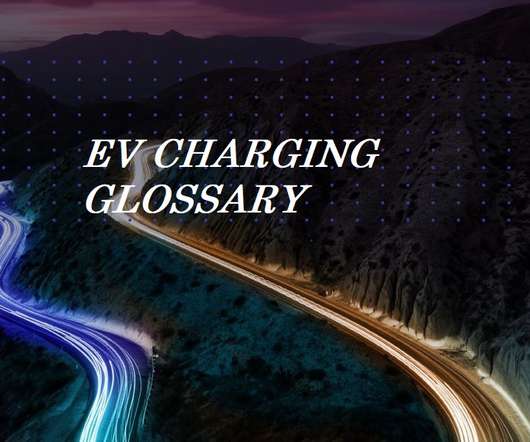DOE awarding $6.5M to 9 large-scale Phase I pilot coal projects
Green Car Congress
FEBRUARY 16, 2018
This FOA, issued in August 2017, is a $50-million funding opportunity for projects supporting cost-shared research and development to design, construct, and operate two large-scale pilots to demonstrate transformational coal technologies. Some of these technologies are now ready to proceed to the large-scale pilot stage of development.


























Let's personalize your content